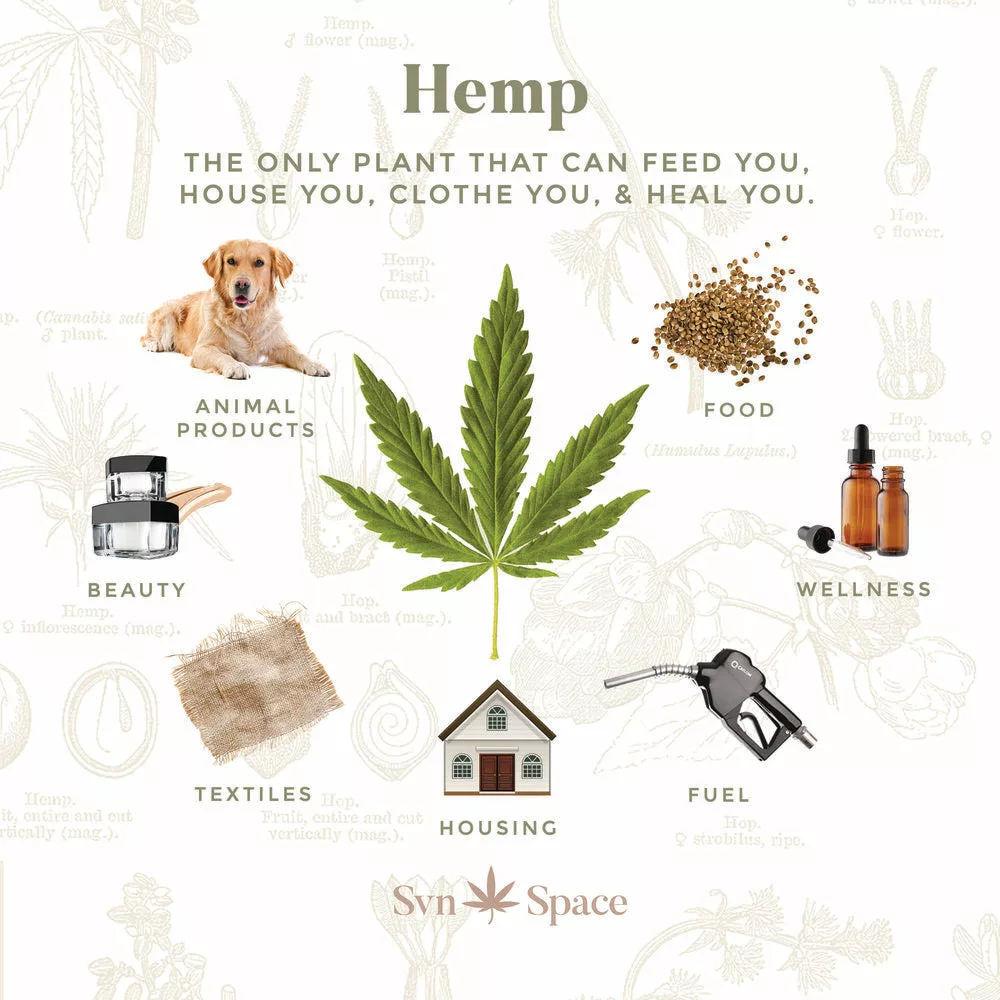
Europe is witnessing a remarkable transformation, as the once-stigmatized hemp plant emerges as a beacon of sustainable development and economic empowerment. Once confined to niche markets, hemp is now poised to revolutionize industries, from textiles and construction to medicine and food production. This resurgence is driven not only by hemp’s versatility and environmental benefits but also by a growing movement to educate and empower communities to embrace this transformative plant.
At the heart of this movement is an enormous educational project, aimed at dispelling myths and misconceptions surrounding hemp. This includes debunking the outdated associations with recreational cannabis, highlighting hemp’s vast array of non-psychoactive applications, and educating consumers about the potential of hemp to address environmental challenges and promote sustainable practices.
This educational awakening is fostering a sense of ownership among communities, encouraging them to explore the potential of hemp cultivation and processing. Farmers are recognizing the economic opportunities presented by hemp, as a crop that requires minimal inputs, can be grown on a variety of soil types, and generates multiple revenue streams.
The potential for self-sufficiency is particularly enticing for rural communities, where hemp can provide a viable alternative to traditional crops. Hemp cultivation can revitalize local economies, create jobs, and reduce reliance on external inputs. Moreover, the processing of hemp into a variety of products, from textiles to building materials, can further enhance the economic impact of this versatile plant.
In addition to economic benefits, hemp cultivation also offers significant environmental advantages. Hemp is a remarkable soil improver, remediating depleted soils and enhancing nutrient retention. It also requires fewer pesticides and fertilizers compared to traditional crops, reducing environmental impact and promoting a more sustainable agricultural system.
The burgeoning hemp industry in Europe is not merely a commercial endeavor; it is a movement towards a more sustainable and equitable future. By educating communities and empowering them to embrace hemp, we can unlock the potential of this remarkable plant to address environmental challenges, revitalize local economies, and foster self-sufficiency. The future of hemp in Europe holds immense promise, and as we embrace its transformative potential, we can pave the way for a more sustainable, equitable, and prosperous world for all.
